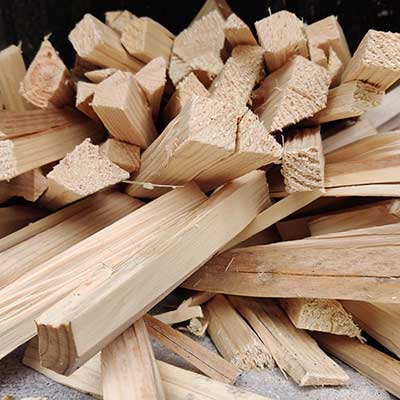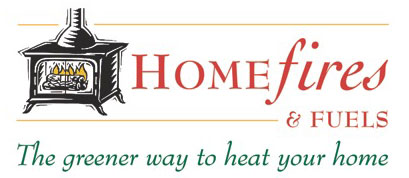The facts about Wood burning for heating
Using Kiln dried logs for heating your home
It can be very confusing listening to the mixed messages around whether wood burners are responsible for all of our pollution (they are not!) and on the other hand, that biomass (renewable wood products used for heating) is saving the world from fossil fuels (not quite true either!). So, in this article I would like to provide some clarity:
Carbon and Climate Change:
Wood, unlike coal or gas, is a renewable source and, as long as trees are planted to replace those cut down, is ‘Carbon neutral’ – that is; the tree captures carbon and when used as wood for fires, releases this same carbon into the environment…. more trees planted… more capture and more release. The effect, again unlike coal or gas, is carbon neutral. All of the wood we supply has been sourced from managed woodlands where replanting takes place (as a minimum of 1 to 1). An interesting fact: woodland cover in the U.K has doubled over the last 100 years. With the new climate agreements from COP 26 this will hopefully increase much further in the coming years.
So…. is wood burning bad for climate change? The answer must be No, not when the wood is sourced from sustainably managed woodlands.
Wood burning and the environment
When wood is burned it emits particulate matter (PM). These particulates can cause health problems if inhaled in large amounts. This is why we need to reduce them as much as possible. The amount of PM emissions released is due to the type of stove you have and the type of wood you burn. All of our new stove installations are now ‘ecodesign ready’, this means that the stoves will burn far more efficiently than an older stove and much much more efficiently than an open fire. (see our earlier news story which graphically shows this). All of the wood we deliver to customers is now Kiln Dried and contains the quality assurance kite mark ‘Ready to burn’ this means that the wood has a moisture content of less than 20% (in practice the moisture content of our logs will never get above 15%). We ask that customers only ever burn wood that is kiln dry and has the ‘ready to burn’ stamp. Taken together, a super efficient stove burning very dry logs from a sustainable source can be a lot better than burning fossil fuels to heat your home.
So…. is wood burning bad for the environment? Use only very dry wood and an efficient wood burning stove and air pollution will continue to fall.

